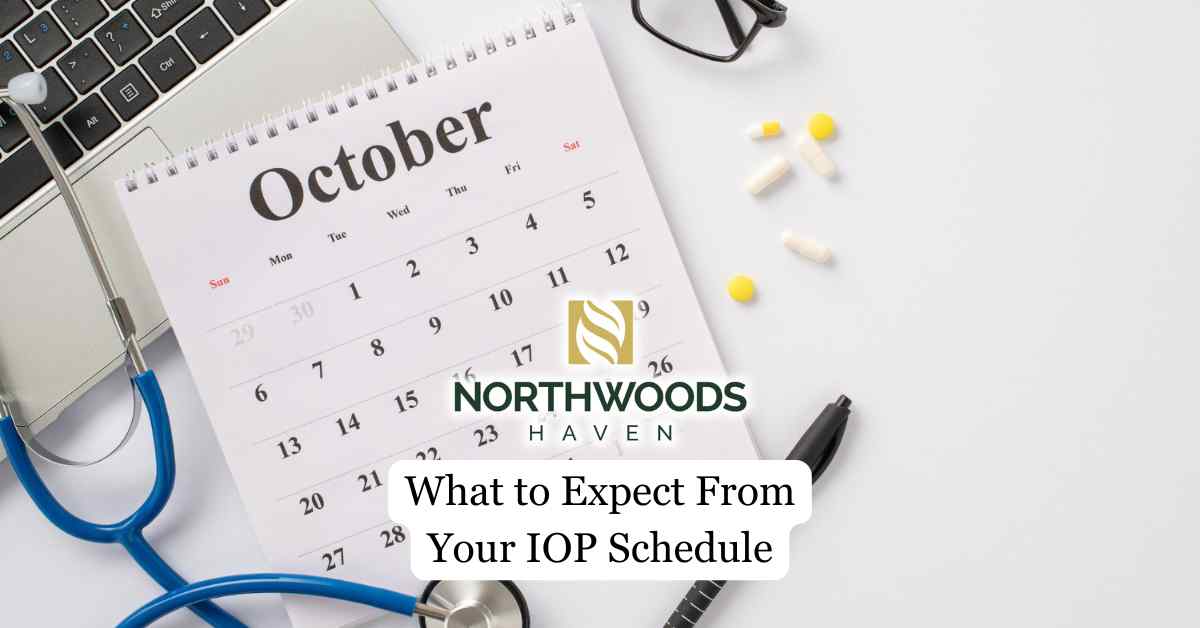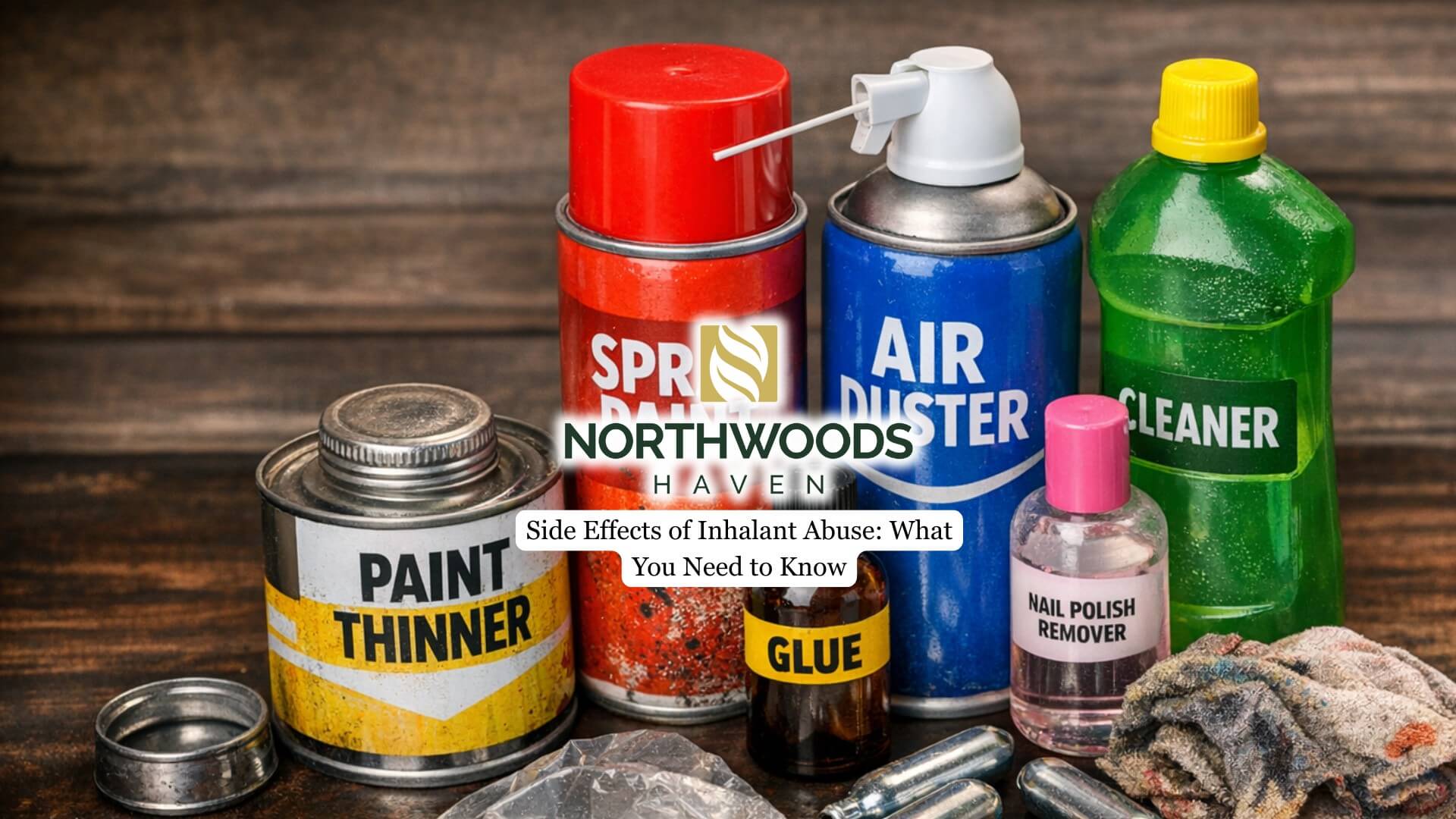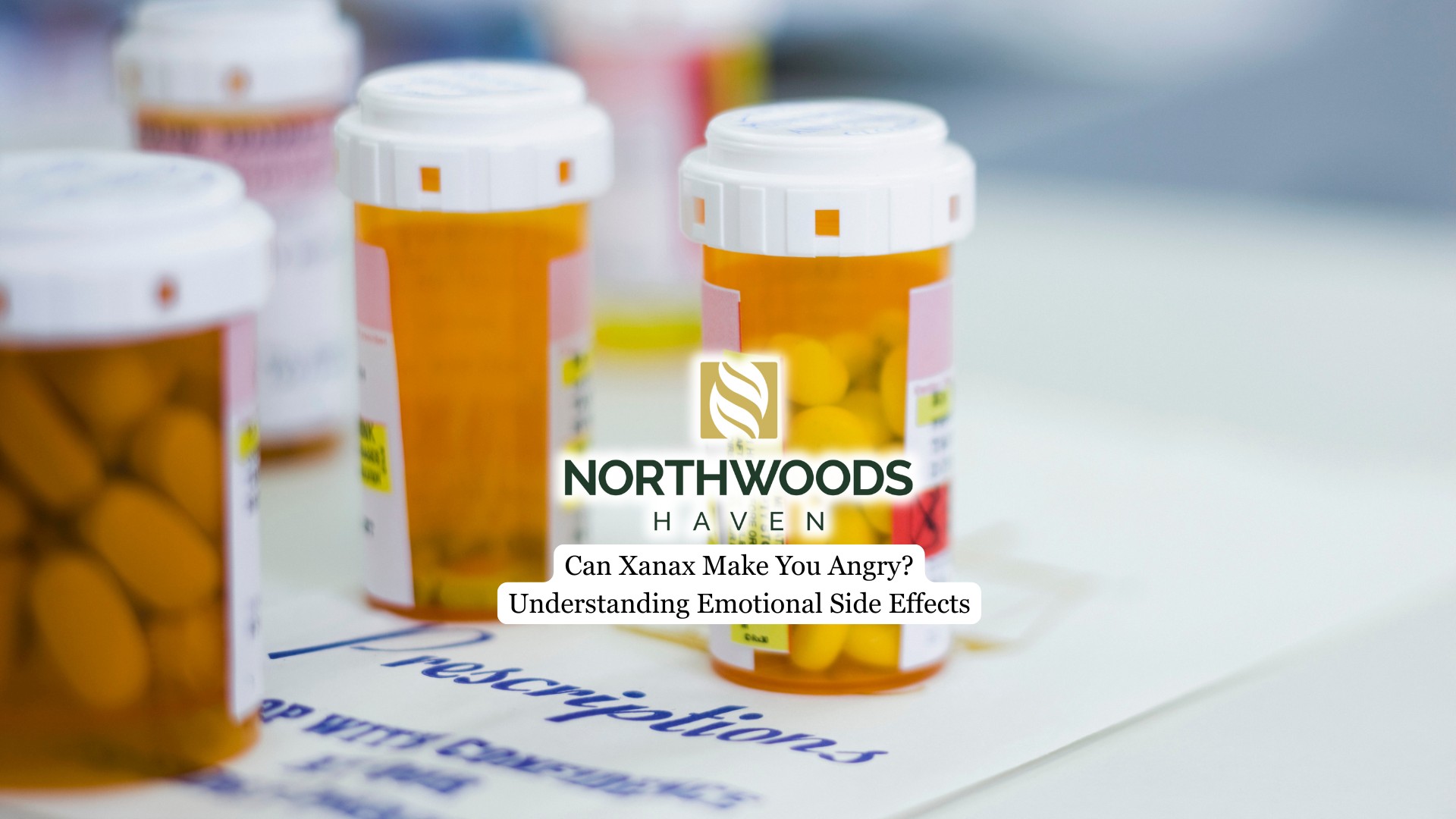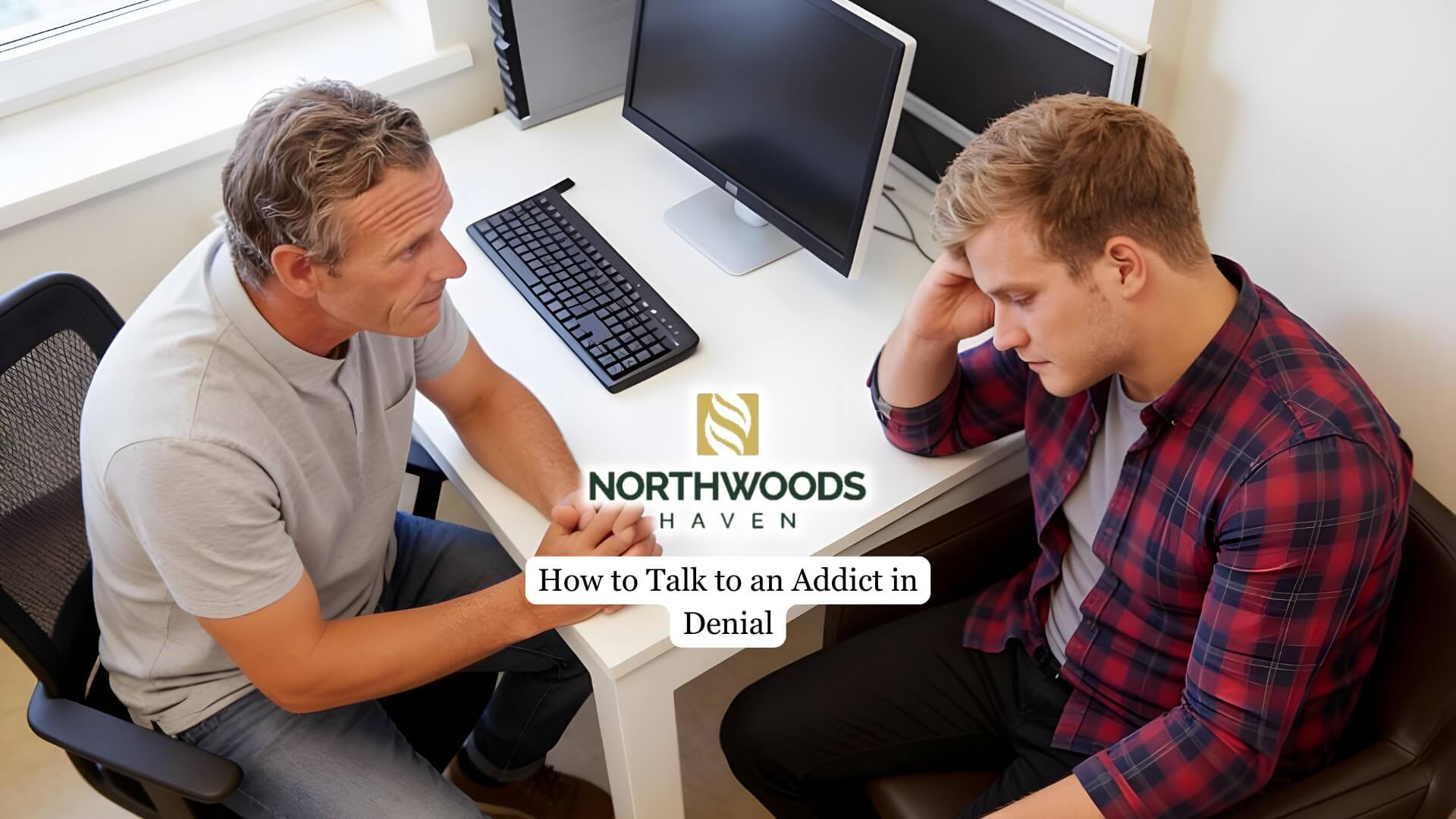Choosing to begin the path to recovery through an Intensive Outpatient Program (IOP) is a crucial step towards regaining control over one’s life. Unlike residential treatment programs, IOPs provide a flexible yet structured approach, enabling participants to maintain their daily responsibilities while receiving comprehensive support. By understanding the structure and routine of an IOP, you can approach the program with confidence and focus on achieving your recovery goals.
This article will guide you through the typical components of an IOP schedule and will provide a clear picture of how these elements work together to support your recovery.
Overview of IOP Structure
Participating in an IOP means committing to a structured treatment schedule that typically involves 9-20 hours of therapy per week, spread over 3-5 days. This outpatient approach allows you to maintain daily responsibilities, such as work or school, while dedicating focused time to your recovery.
Your IOP schedule will consist of sessions lasting approximately 2-5 hours each, providing a comprehensive treatment experience. During these sessions, you’ll engage in a variety of therapeutic modalities designed to address your specific needs.
By participating in the premium Intensive Outpatient Program for addiction recovery in Minneapolis we offer at Northwoods Haven Recovery, you’ll benefit from a well-rounded treatment approach tailored to your unique journey.
Group Therapy
You’ll participate in these sessions multiple times a week, each lasting 1.5 to 2 hours. During group therapy, you’ll have the opportunity to share your experiences and support fellow participants on their recovery journey.
The sessions will focus on various topics, such as developing effective coping strategies, learning emotional regulation techniques, and understanding relapse prevention methods. The group setting fosters a sense of accountability and reduces feelings of isolation by allowing you to connect with others facing similar challenges.
You’ll benefit from the 3:1 client-to-therapist ratio, ensuring individualized attention and support for your unique needs.
Through active participation in group therapy, you’ll gain valuable insights, develop essential skills, and build a network of peers who understand and support your journey towards lasting recovery.
Individual Counseling
These one-on-one meetings with a licensed therapist, lasting 45 minutes to an hour, are designed to help you set recovery goals and develop personalized coping strategies tailored to your unique circumstances. Individual counseling works in tandem with group therapy to ensure a balanced approach to treatment, combining personal reflection and peer support.
During these sessions, your therapist will utilize evidence-based techniques like Cognitive Behavioral Therapy (CBT) to help you identify and modify negative thought patterns and behaviors that may hinder your addiction recovery.
Consistent attendance in individual counseling is essential for tracking your progress, making necessary adjustments to your treatment plan, and reinforcing your commitment to recovery throughout the 8 to 12-week IOP duration.

Family Therapy Sessions
Family therapy sessions provide a safe space for you and your loved ones to address the impact of addiction or mental health issues on your relationships.
These structured meetings, typically spanning 1-2 hours and held weekly or bi-weekly, are facilitated by a licensed therapist who employs evidence-based approaches to improve communication and foster healing within your family unit.
During family therapy, you and your family members will have the opportunity to express concerns, learn effective support strategies, and work together to create a nurturing home environment that promotes your recovery.
Read more about the impact of family involvement in addiction recovery to learn how the relationship with your loved ones can improve your journey to sobriety.
Skill-Building Workshops
These workshops typically focus on essential life skills, such as emotional regulation, stress management, and effective communication strategies. You can expect to learn evidence-based techniques like Cognitive Behavioral Therapy (CBT), which will help you develop healthier thought patterns and behaviors.
During these workshops, you’ll participate in hands-on activities, allowing you to practice skills in real-time scenarios for more effective learning. The workshops will also include educational components that address triggers and coping mechanisms, enhancing your ability to manage challenges outside of treatment.
The duration and frequency of skill-building workshops may vary, but they generally occur weekly or biweekly throughout your IOP schedule.
Check out the most effective strategies for stress management in addiction recovery and learn how to build a strong foundation for long-term sobriety.
Educational Sessions
Educational sessions, typically conducted in a group format, will provide you with essential knowledge for recovery.
You can expect to engage in psychoeducation classes that help you understand the psychological aspects of your condition and the impact of substance use on your life. The educational sessions will cover topics such as addiction education, coping strategies, and relapse prevention, equipping you with practical skills to handle triggers.
You’ll also participate in discussions on emotional regulation, trauma education, and stress management techniques. The duration of educational sessions usually lasts around 1-2 hours within the overall IOP schedule, ensuring that you receive comprehensive information while balancing your treatment with other responsibilities.
Sample Daily Schedule
The structured nature of the IOP schedule helps you establish a routine and build a strong foundation for long-term recovery while still allowing you to maintain work or school responsibilities outside of treatment hours.
You’ll likely attend intensive outpatient programs for about three hours per day, three to five days a week. During this time, you’ll engage in a mix of individual therapy sessions and group sessions, each designed to address your specific needs and challenges.
In individual sessions, you’ll work one-on-one with a therapist to explore personal issues, develop coping strategies, and track your progress.
Group therapy provides a supportive environment where you can share experiences, learn from others, and practice interpersonal skills. Educational workshops and support groups are also integral components of the daily schedule, offering valuable insights into addiction, recovery, and relapse prevention.
Throughout the day, you’ll have opportunities for breaks and reflection, allowing you to process the information and emotions that arise during treatment.
Final Thoughts from Northwoods Haven Recovery
While IOPs can be an effective tool in the recovery process, they are not a one-size-fits-all solution. The specific components and intensity of an IOP schedule should be tailored to the unique needs of each individual, taking into account their personal circumstances, goals, and progress in recovery. At Northwoods Haven, we understand the importance of balancing treatment with daily life, and our premium IOPs in Minneapolis, MN are individually tailored and designed to provide comprehensive support while allowing you to maintain your personal responsibilities.



